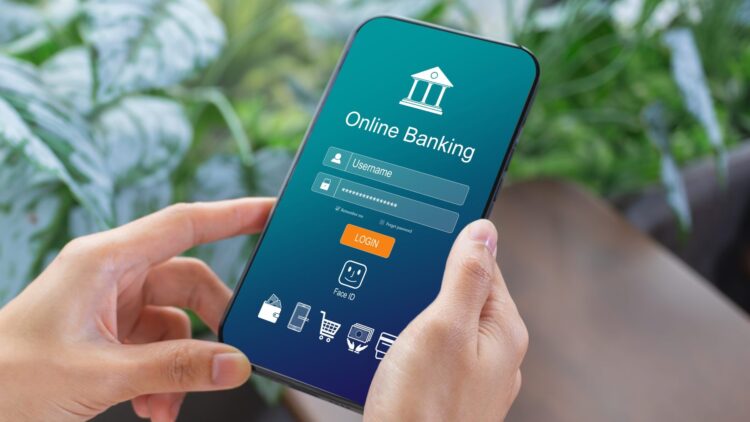Keeping a handle on your finances is very important. Knowing how much money you have, owe, and where it is, is key in order to have a lower stress life, but one thing that many people do not talk about is that sometimes your bank may freeze your account, and that can be a very unpleasant surprise that is very hard to be ready for no matter how closely you look at your finances.
The first and most important thing to do of you wake up one day to a notification that your bank has frozen your account is not to panic. While it is tempting, panicking will only make the situation worse as you will be too frazzled to understand the reason why it was frozen and you will be unable to make sound decisions, which you will need in order to untangle the mess.
The second thing is to try to find out why your account has been frozen, which is usually one of is quite common reasons, as once you figure that out, you an start gathering the evidence you need in order to untangle the mess.
Six most common reasons why your bank would freeze your account
-
Suspicious activity detected
While this happens more often to a credit card than to a bank account, your bank continuously monitors your activity and transactions to avoid fraud. If they detect any activity that is out of the norm for you, like big transactions, international charges or multiple failed access attempts they will automatically freeze the account to prevent nefarious activity.
In these cases, you will usually get a phone call alerting you to the problem, but if you do not and it is you making the transactions, contact the fraud department at your bank quickly and they will unfreeze your account.
-
Judge order or other legal action againt you
If you are in the middle of a trial or a judgement has been levied against you, a judge can order (and the bank must comply) the freezing of your bank accounts or other assets. Thee are plenty of reasons why this can happen, like unpaid debts, child support or the belief that fraud has been committed and the money has been misappropriated. In this case you have no choice but to wait until you are back in court in order to petition for the liberation of your assets.
-
Wrong information attached to your account
This one might feel unfair as it is rarely the client’s fault. Sometimes information is input incorrectly or not updated quickly enough and that will trigger an automatic freeze in your account in order to alert employees of the mistake and avoid invalid transactions. Just periodically ensure that your information is up to date and this should not be an issue.
-
Insufficient up to date data
Like number 3, this one entails a bit of vigilance on your part. Sometimes federal regulations change and you are required to provide additional information to your bank. There is a grace period to do so, but if the information is not updated in the end the account will be frozen until you go to your local branch and present the necessary documents.
-
Suspected links to financial crimes
Frequent deposits of large cash sums or unusual international transfers may raise suspicions of activities such as money laundering. In these cases, the bank may freeze the account until an investigation is completed, which can take weeks, but the process may be sped up if you are able to provide your bank provenance of the funds.
-
Internal mistakes from the bank
Banks are not infallible, they are made of people and computer programs which can make mistakes easily. If it is an internal mistake, a simple call should fix it, although do not expect an apology or any type of compensation for your troubles.

